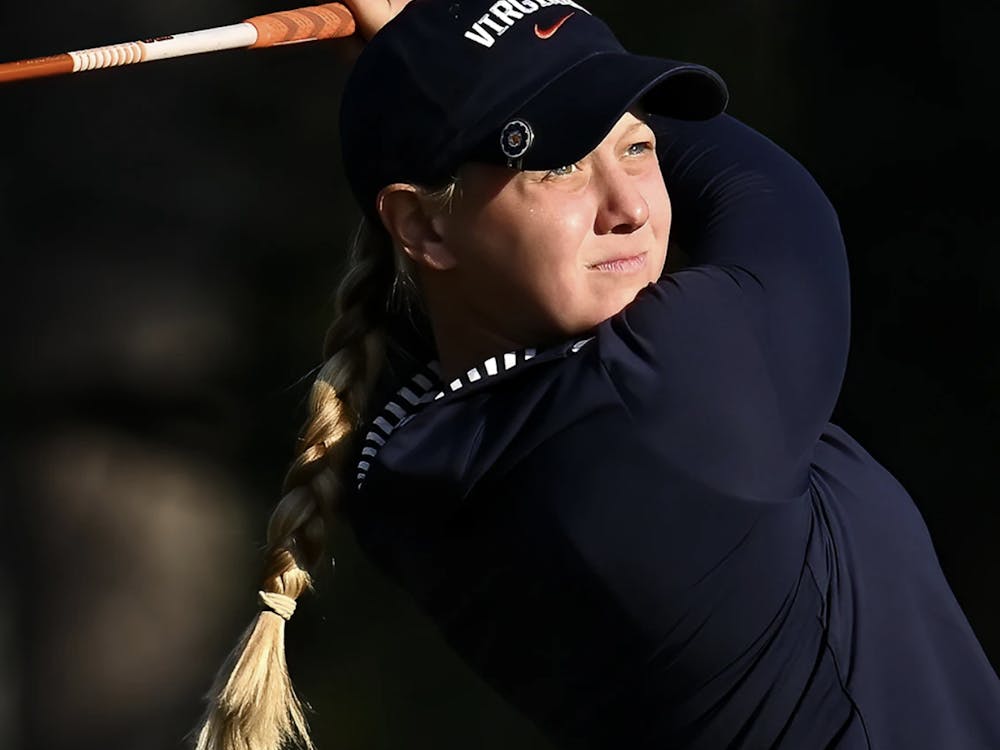Quickly, raise your hand if you have heard one of these before: "He's a great closer; when the game's on the line you want the ball in his hands." Or, on the other side, "He's a choke artist; he just doesn't know how to finish games."
I write this because as a die-hard Dallas Cowboys fan, last Sunday I was forced to watch in agony as my team blew a 14-point fourth-quarter lead, thanks in large part to the struggles of quarterback Tony Romo. Listen to any talking head discuss the Cowboys, and the first question he always asks is whether or not Romo will ever be able to win the big game. Between the bobble against Seattle during the 2006 NFC Wild Card game and the interception which ended the 2007 season against the Giants during the divisional round, I'm now slightly woozy from banging my head against my desk as I remember Romo's struggles during those games. Apologies in advance for the potentially illegible words ahead.
In sports, we often judge athletes by how well they finish games. We praise players like Mariano Rivera and Tiger Woods, who always seem to rise to the occasion and deliver in the waning moments with the game on the line - and we mock players like Armando Benitez and Jean Van de Velde, who have crumpled like a house of cards when faced with a high-pressure situation. But is there actually an innate trait within some athletes which makes them better "finishers" than others?
I think it initially would be easy to shrug off this phenomenon as a mere creation of popular imagination. After all, wouldn't everybody who makes the bold statement that they'd rather have Tom Brady as their quarterback in the last two minutes of a game instead of Tavaris Jackson also want Brady for the first 58 minutes of the game, too? Good finishers are good finishers because they're good at what they do, regardless of how much time is left on the clock.
History also tells us that regardless of who's playing in a particular game, the outcomes of certain situations are likely to stick to a predetermined pattern. For example, according to a study by Dave Smith of Retrosheet, the win rates of Major League teams which are leading after the eighth inning have remained virtually constant since the turn of the 20th century. During the course of a season, a team is just as likely to close out a game in the ninth regardless of whether it has Trevor Hoffman or some rookie straight from the minors on the mound.
Furthermore, a lot of the numbers we use to anoint athletes as finishers are often subjective and inexact. Take, for instance, the "fourth quarter comebacks" stat for NFL quarterbacks. The Denver Broncos first recorded this stat during Elway's rein in the late '80s, and when other teams followed suit, each team arbitrarily defined how it would apply the stat to its quarterbacks. For example, the number of comebacks for Brett Favre, often labeled as one of these so-called great finishers, is 42. According to Pro Football Reference, however, the actual number should be closer to 27 - which would put Favre in the company of quarterbacks like Drew Bledsoe, who is hardly a poster boy for great finishing.
We are quick to anoint these players as "clutch" and "great finishers," largely because they are great players and we remember their triumphs more often than those of others. At the risk of sounding like a crusty old reporter railing against sabermetrics, however, I think in this case numbers don't tell the entire story. Forget what the numbers say; I trust my eyes, and my eyes tell me that Mariano Rivera is a great closer and, for some reason, anyone who pitches for the Mets is not. Sian Beilock, associate psychology professor at the University of Chicago, says what separates clutch performers from choke artists is something psychological. He claims that what separates the good finishers from the pack is, simply put, their ability to get out of their own way and let their bodies take control.
Any athlete who plays professionally or at the collegiate ranks gets to that level by being exceptionally good at what he does. Professional athletes all can throw strikes, throw the balls right on target, make shots and drive the ball down the center of the fairway, or they wouldn't be there in the first place. But it's only the good ones who have the ability to trust in this muscle memory when the pressure begins to mount. When faced with a situation where pure reaction is not an option - such as walking to the line to call a fourth down play or stepping up to the foul line in the fourth quarter - most athletes begin to outthink themselves and end up forgetting what got them to that level in the first place.
Ultimately, I think if Beilock's conclusion doesn't hit the nail right on the head, it at least hits it enough to drive it into the wood. One of my favorite ways to describe clutch players is that when you watch one of them, you can't tell whether it's the first play of the game or the last - no matter the situation they simply go out and trust in both their skills and their preparation to carry them through.
Of course, like most things in life, it's something easier said than done, and I guess you could say I'm happy there are still some chokers out there struggling to the finish line. Mostly because if there weren't, then who would I have to write about?






